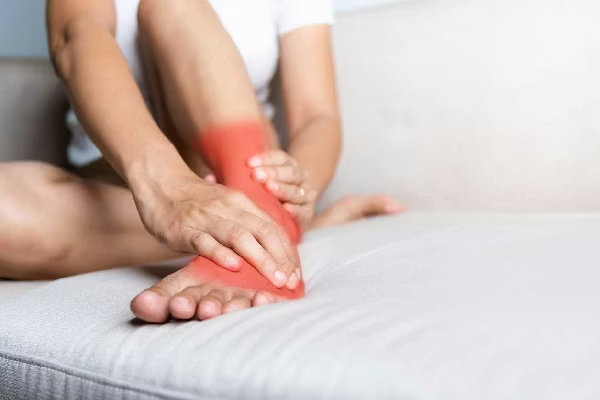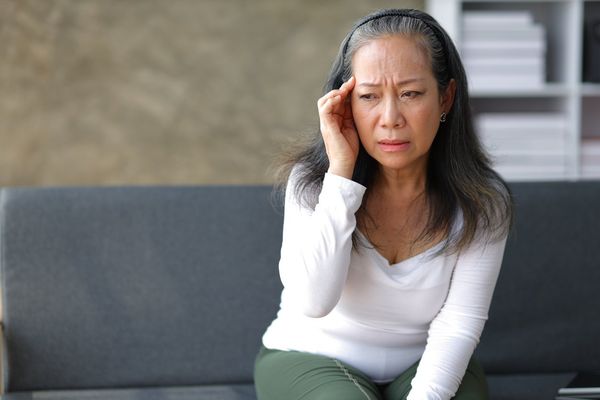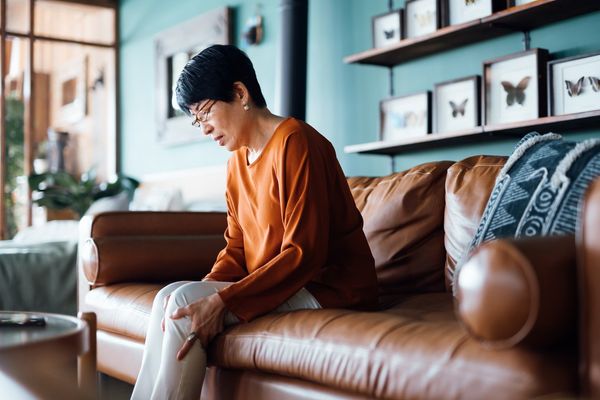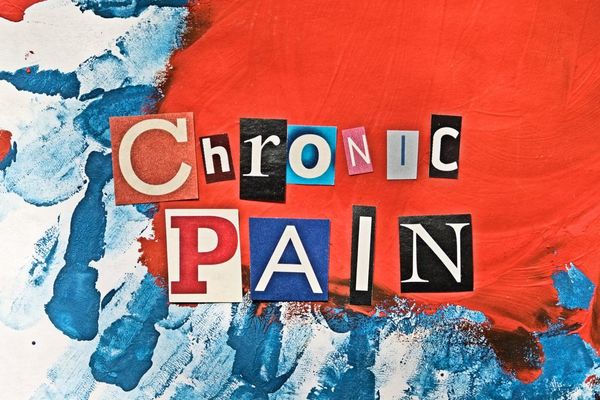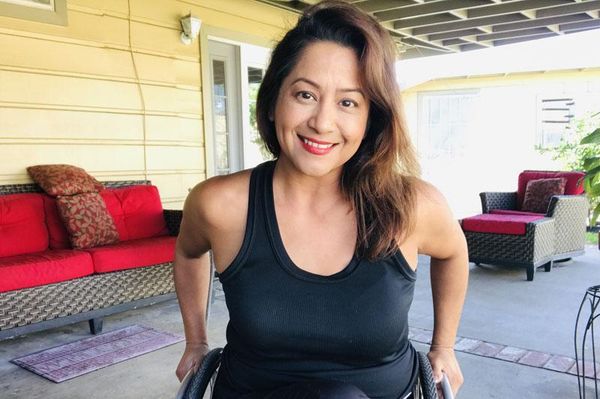By Ashley Drake
This post is part of HealthyWomen’s Real Women, Real Stories series.
As a physical therapist, my job is to assist my patients to move better, get stronger, and most often to reduce their pain. This is an important, gratifying, and yet often challenging profession. This is in part due to my own daily chronic pain that is primarily in my low back and tailbone. I have been in some level of pain constantly for the past ten years.
While there are times that I share my experience with my patients, I usually smile, persevere and act as if everything is fine. I think many others with chronic pain can relate to this alternate persona—the brave mask so many chronic pain warriors put on daily.
This is one of the tricky things about living with chronic pain. Most of the time I just want to feel normal. I want to go about my day-to-day tasks as if everything was not a monumental challenge and a huge energy expense. I want to pretend that my chronic pain has not affected my job satisfaction, my relationships and my feelings of self-worth.
There are other times when I want to scream. I want to wear a sign across my chest that says, “Please be gentle with me, I have chronic pain.” I want everyone around me know what I’m going through, why I am the way I am. I want my struggles heard, to know that it’s not easy. It is not pity I seek, but rather compassionate recognition of the daily challenges of living with chronic pain.
I’m often afraid to talk about my struggles with chronic pain. This would mean ripping up the mask––that brave face that I have worked so hard to maintain. My hope is that if I am true and open about my experiences more, a few people might feel less alone. A few people may push aside the fear of stigmatization and feel comfortable to be open and honest about what they are going through.
Early in my clinical training, a patient taught me an important lesson. She told me to never tell someone, “I know how you feel.” Her statement took me aback, but her explanation has really stuck with me. It is true. I could never really know what someone is feeling. It is impossible to know just from their explanations, my own examination and my pre-conceived beliefs and education.
I cannot innately tell how past experiences have affected someone. I cannot exactly grasp the psychological impacts that their illness or pain has had on them. I do not know all other aspects of their life that this has affected. I can’t ever fully understand what someone else is going through, but I can listen. I can respect someone’s experience and I can do my best to validate their concerns. I can call on my past experiences of others discrediting my own feelings and I can work hard to not allow this to happen to another person—at least when they are working with me.
I learned that opening up about my pain did lead to judgment from a few—one family member told someone that I write about my chronic pain, as a way to complain and vent. Many more have provided support and encouragement. I also learned that ignoring your pain and suffering in silence does not make it go away. I have found that by acknowledging my pain it encourages me to seek more treatment and work harder toward finding relief.
Most importantly, talking about my pain has allowed me to maintain the healthy human connection that we all crave and need so badly in this life. It is so much easier to genuinely connect with the people in your life when you are raw and honest. It is never easy, but eventually you will have to take the mask off and let the person see the real you.
I hope that you will find that by talking about your experiences with chronic pain and acknowledging its presence will lessen the power it has over your life. By ignoring my pain, I felt helpless. I let my chronic pain determine what kind of day I was going to have, how long a relationship could last, and how many hours I could stand to work in a week.
While the process is ongoing, I am happy to be taking steps to regain control and be honest about my experiences. I am in far less discomfort than I used to be and now I have something even more important—the hope that one day I might actually be pain-free.
Ashley Drake is a writer and physical therapist who has lived with undiagnosed chronic, widespread pain for over a decade. She started her blog, The Chronic Lifestyle, with the goal of providing resources, support and guidance for those living with a chronic illness. She is currently training to become a Pelvic Floor Specialist so she can help others living with chronic pelvic pain. When she is not working, Ashley enjoys reading and spending time outdoors with her rescue dog, Cinnamon.


